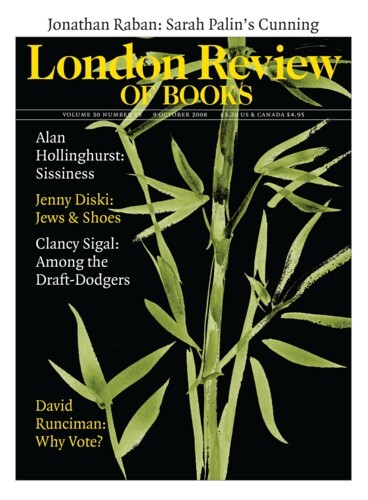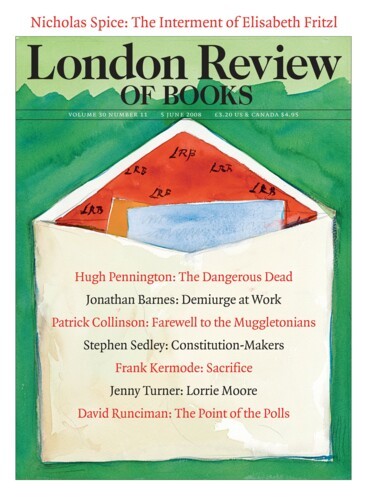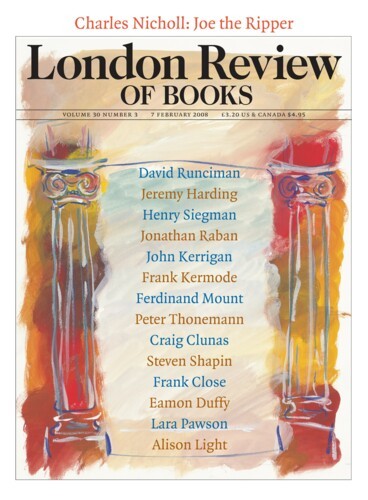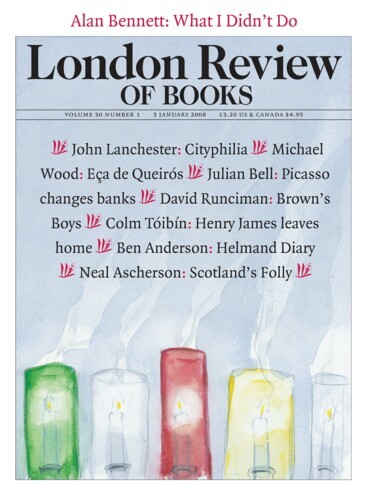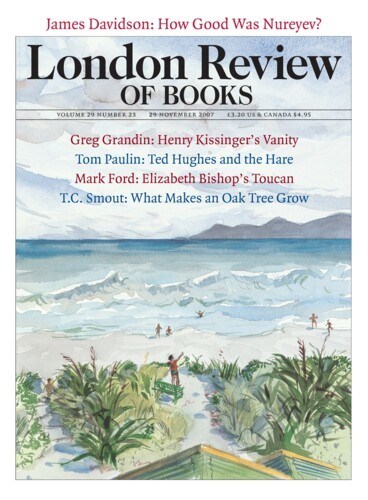Why Not Eat an Eclair? Why Vote?
David Runciman, 9 October 2008
Why would anyone vote for Barack Obama? Not why would anyone want to see Obama elected president rather than John McCain (or Hillary Clinton for that matter), but why would anyone who desired that outcome think that his or her individual vote could make the slightest difference in helping to bring it about? General elections are never decided by a single vote, so no one’s vote is ever going to be missed. If you want Obama to win, and plan to vote for him, but you forget, or find yourself otherwise detained, don’t worry – the final result will be unaffected by your failure to show up, even if you happen to live in a swing state like Ohio or Florida. If Obama is winning the state, he will do perfectly well without you; if he is losing, there is nothing you can do to help him get over the line, because the winning line will always be further away than your paltry individual vote. Either way, you are not needed, so why bother to vote at all?
